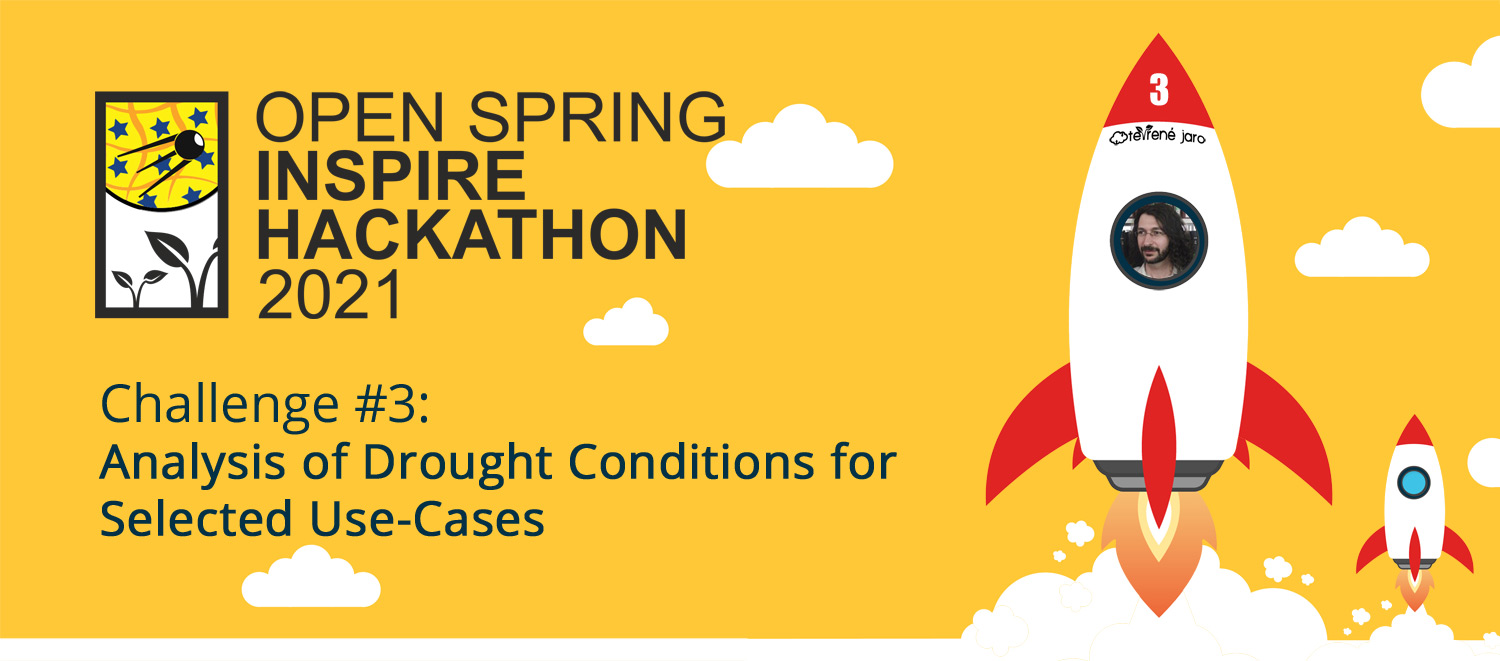Drought is a natural hazard that can be loosely defined as an abnormally long, though temporary, time period of water deficit. Europe has experienced a series of drought events for over a decade, which lead to devastating impacts on livelihoods, ecosystems, and agriculture. Though droughts cannot be avoided, we can try to manage them better and reduce their effects. This requires, first, monitoring drought conditions in a timely manner and evaluating their severity. Drought is commonly divided into subcategories based on disciplinary perspectives, each incorporates different physical, biological, and socio-economic factors in its definition. In the STARGATE project we focus on designing a multiscale methodology of Climate Smart Agriculture, therefore our interests are mainly in meteorological and agricultural drought categories. The information gained from drought analysis will be valuable for different stakeholders, such as farmers and decision makers. Meteorological drought is a prolonged period of precipitation deficiency, which may be accompanied by higher temperatures and lower humidity relative to the norm for a particular area. Agricultural drought comes after meteorological drought has established; this is associated with soil moisture deficiency during crop development. Drought severity, duration, and frequency will be inferred through indices, which incorporate features that reflect it. In case of meteorological drought, this means, e.g., precipitation and temperature. Agricultural drought features also involve, e.g., measurements of soil moisture, or indicators that reflect plant water stress. The goal is to extract these features from weather models and earth observation to assess drought risk for selected use-cases of different scales – from regional to farm level.
Requirements for team members: software development, statistical modelling, geo-sciences specialists, agronomist
The aim of the challenge: The aim of the challenge is to assess drought risk by applying drought indices to weather simulation models and earth observation data for selected use-cases.
***The registration for this challenge opens on 1st April***
Registration link will be available at https://www.plan4all.eu/open-spring-inspire-hackathon-2021/
The mentor for this challenge is:
 Amit Kirschenbaum is a research associate at the Institute for Applied Informatics (InfAI), Leipzig. He currently works on the H2020 STARGATE project, where he focuses on climatic data analysis and data integration for smart agriculture.
Amit Kirschenbaum is a research associate at the Institute for Applied Informatics (InfAI), Leipzig. He currently works on the H2020 STARGATE project, where he focuses on climatic data analysis and data integration for smart agriculture.

